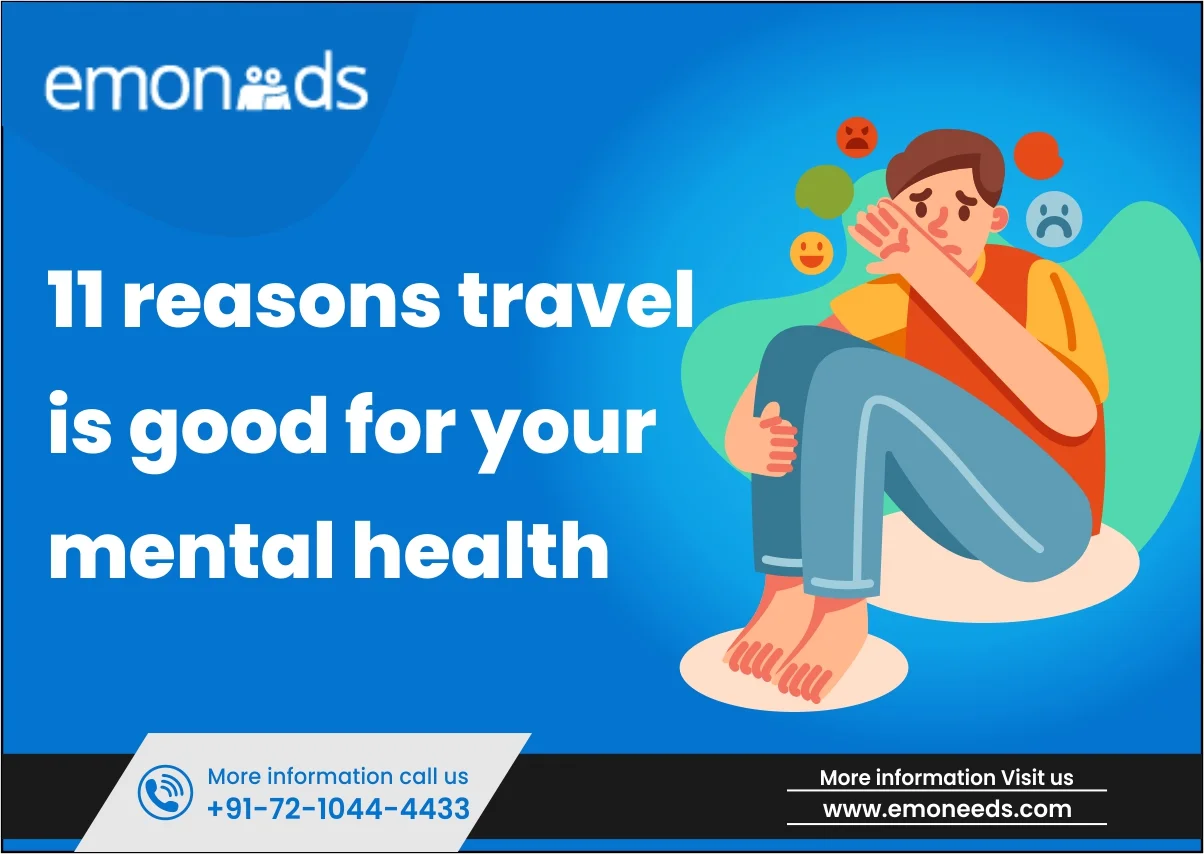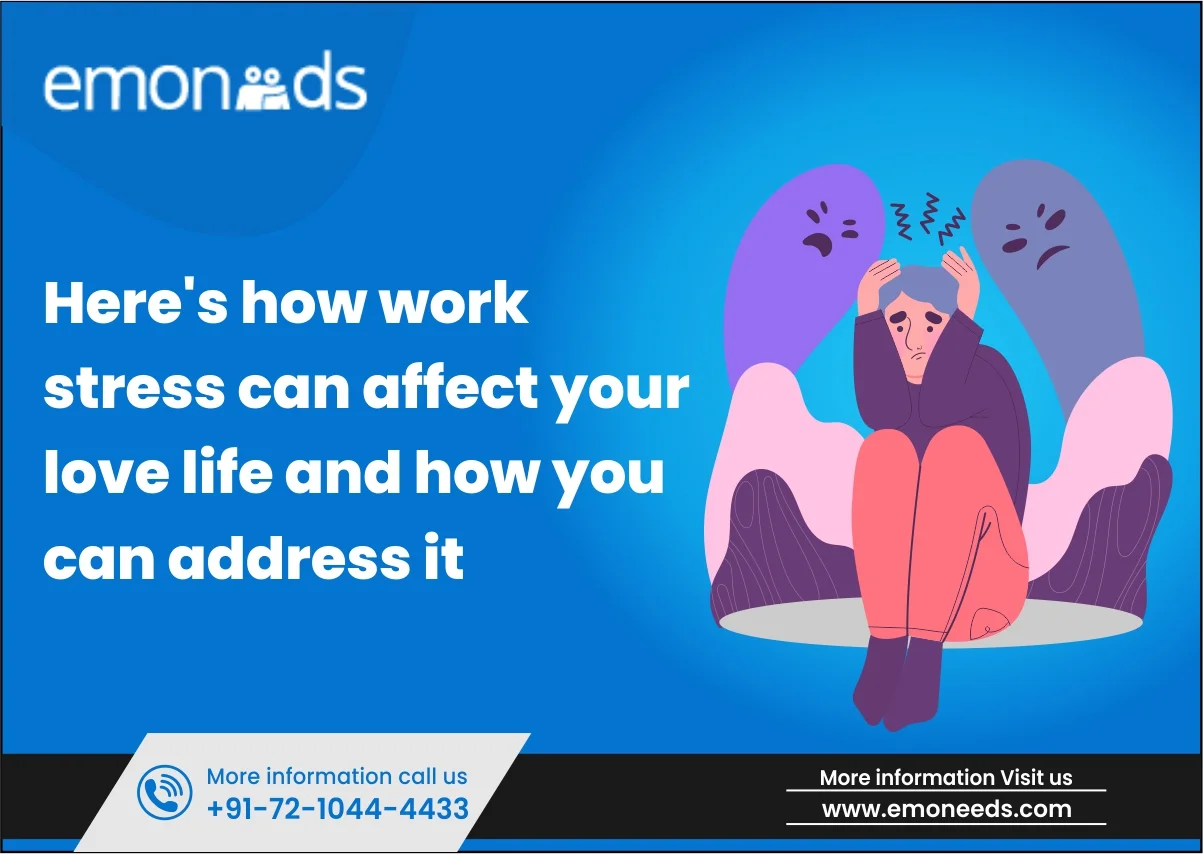
In a world that seems to move at the speed of light, our mental health often takes a backseat. We’re constantly juggling work, family, and personal commitments, leaving little time to focus on the well-being of our minds. However, there’s a remarkable solution that can work wonders for your mental health – travel.
Traveling isn’t just about visiting new places; it’s about a journey within yourself. It can provide you with an array of mental health benefits that you might not have imagined. Let’s explore 11 reasons why travel is a tonic for your mental well-being.
1. Stress Reduction
The incessant demands of modern life often leave us feeling burdened by stress. The daily grind, juggling work and personal commitments, can become overwhelming. Fortunately, travel provides a much-needed respite from the hustle and bustle. The change in scenery and pace allows you to detach from the stressors of your everyday life. Even the mere anticipation of a forthcoming trip can lower your stress levels, offering a glimmer of hope and excitement during challenging times.
2. Exposure to New Experiences
Travel exposes you to different cultures, breathtaking landscapes, and an array of activities you’ve never tried before. The sheer novelty of these experiences can invigorate your mind, boost your happiness quotient, and even enhance your creativity. The excitement of trying something you’ve never done before can leave an enduring imprint on your mental well-being.
3. Increased Physical Activity
Many travel adventures involve physical activities, whether it’s hiking through scenic trails, exploring picturesque towns on foot, or taking a refreshing dip in the sea. These physical endeavors aren’t just excellent for your body; they also have the power to release endorphins, those natural chemicals that elevate your mood and contribute to your overall mental well-being.
4. Social Connections
One of the most beautiful aspects of travel is the opportunity to meet new people and form meaningful connections. Whether it’s striking up a conversation with a friendly local vendor at a bustling market or bonding with fellow travelers at a cozy hostel, these interactions can have a profound impact on your sense of belonging and alleviate any feelings of loneliness you may have been carrying.
5. Escape from Routine
Breaking free from the monotony of your daily routine can be liberating. The opportunity to deviate from your usual schedule can revitalize your spirit. It’s the chance to explore, to be spontaneous, and to embrace the unexpected. Travel opens the door to a world of possibilities beyond the confines of your everyday life.
6. Mindfulness and Presence
Travel has a unique way of compelling you to be present in the moment. Whether you’re gazing in awe at a magnificent sunset, savoring the flavors of a local delicacy, or navigating the labyrinthine streets of a foreign city, you’re fully engaged in the experience. This mindfulness is a powerful antidote to anxiety and stress. When you’re immersed in the beauty and wonder of a new place, there’s little room for the worries and concerns that might typically plague your thoughts.
7. Broadening Perspectives
Exposure to new cultures and ways of life can be a life-altering experience. It encourages you to become more open-minded and empathetic. By witnessing the diversity of the world, you begin to appreciate different viewpoints and approaches to life. This newfound understanding can not only broaden your horizons but also foster a sense of global connectedness and a deeper appreciation for the richness of human culture.
8. Boosting Confidence
Successfully navigating unfamiliar situations while traveling can do wonders for your self-confidence. Conquering language barriers, finding your way around a new city, and adapting to different cultures can be empowering. These small victories lead to a sense of achievement, which in turn boosts your self-esteem. This newfound confidence doesn’t stay behind when you return from your travels; it accompanies you in your daily life, resulting in a lasting positive impact on your mental health.
9. Improved Sleep
The change of environment that comes with travel often leads to improved sleep quality. The relaxation and excitement of being in a new place can help regulate your sleep patterns, ensuring a more restful night’s sleep. The comfortable hotel beds, the soothing sounds of the ocean, or the gentle rustling of leaves in a forest can lull you into a deep slumber. This enhanced sleep quality can leave you feeling refreshed and rejuvenated, contributing to your overall mental well-being.
10. Decreased Risk of Depression
Studies suggest that travel is associated with a decreased risk of depression. The exposure to new environments and experiences can act as a protective factor, reducing the likelihood of developing this often debilitating mental health condition. The sense of adventure, the stimulation of new experiences, and the break from routine can collectively work as a shield against depressive thoughts and feelings.
11. Time for Self-Reflection
Lastly, travel provides you with a unique opportunity for self-reflection. Stepping away from your daily routine and the usual distractions of life, you have the time and space to think, reassess your life, and set new goals. It’s a chance to disconnect from the noise of your everyday existence and reconnect with your inner self. This self-reflection can be a catalyst for personal growth, leading you to make positive changes in your life and enhancing your overall mental well-being.
Conclusion
In conclusion, travel is a therapeutic journey for your mind, offering stress relief, new experiences, and a chance to break free from routine. It encourages mindfulness, broadens your perspective, and boosts your mental well-being. Prioritize self-care by incorporating travel into your life. If you need support, reach out to Emoneeds. We’re here to help you on your path to enhanced mental health and well-being. Your mental health matters, and we’re committed to supporting you.
